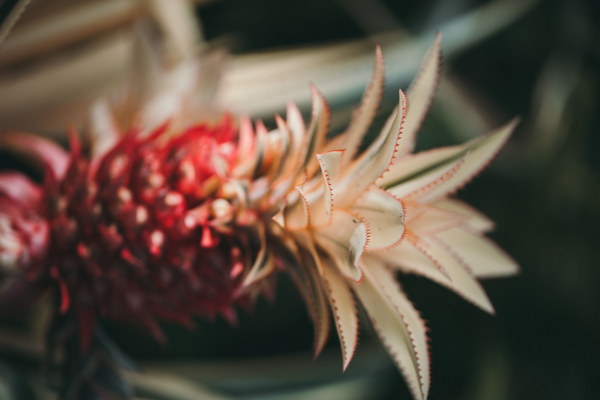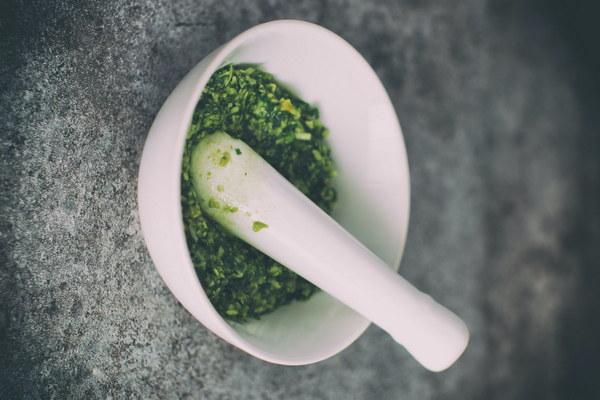Ancient Wisdom, Modern Health Exploring Traditional Chinese Health and Wellness Practices
Traditional Chinese health and wellness practices, deeply rooted in the country's rich cultural heritage, offer a holistic approach to living a balanced and healthy life. These practices, spanning thousands of years, encompass a wide range of disciplines, including diet, exercise, meditation, and herbal medicine. In this article, we will delve into the fascinating world of traditional Chinese health and wellness, exploring its key principles and how they can be integrated into modern life.
1. The Concept of Yin and Yang
The core principle of traditional Chinese health and wellness is the concept of Yin and Yang, which represents the belief that everything in the universe is composed of two complementary forces that are in constant flux. Maintaining a balance between these forces is essential for good health. To achieve this balance, individuals are encouraged to adopt practices that promote harmony within themselves and with the surrounding environment.
2. Diet
In traditional Chinese medicine, diet plays a crucial role in maintaining health. The focus is on consuming a balanced and varied diet that includes all five flavors: sweet, sour, bitter, spicy, and salty. Each flavor corresponds to different organs and has a unique effect on the body. For example, bitter flavors are believed to benefit the liver, while sweet flavors are good for the heart. Additionally, traditional Chinese medicine emphasizes the importance of eating seasonally and locally, as this ensures that the body receives the necessary nutrients to adapt to changing environmental conditions.
3. Exercise
Exercise is another vital component of traditional Chinese health and wellness. Practices such as Tai Chi, Qigong, and martial arts are designed to enhance the flow of Qi (vital energy) within the body. These exercises promote flexibility, strength, balance, and mental clarity, ultimately leading to a healthier and more vibrant life. By incorporating these practices into daily routines, individuals can improve their overall well-being and reduce the risk of chronic diseases.

4. Meditation and Mindfulness
Meditation and mindfulness are essential tools for cultivating mental and emotional balance. In traditional Chinese culture, mindfulness is fostered through practices such as Zen meditation, mindfulness breathing exercises, and walking meditation. By training the mind to focus on the present moment, individuals can reduce stress, anxiety, and depression, leading to a more peaceful and fulfilling life.
5. Herbal Medicine
Herbal medicine has been used in China for thousands of years to treat various ailments and promote overall health. Traditional Chinese medicine employs a vast array of herbs, minerals, and animal products in its formulations. These remedies are often customized to the individual's specific needs, taking into account their constitution, lifestyle, and environment. By harnessing the power of nature, traditional Chinese herbal medicine offers a safe and effective alternative to conventional treatments.
6. Integration into Modern Life
As the world becomes increasingly aware of the importance of holistic health and wellness, traditional Chinese practices have gained popularity. By integrating these ancient wisdoms into modern life, individuals can achieve a more balanced and fulfilling existence. Here are a few ways to incorporate traditional Chinese health and wellness into your daily routine:
- Adopt a balanced diet rich in seasonal, locally-sourced foods.
- Practice mindfulness and meditation to reduce stress.
- Engage in regular exercise such as Tai Chi or Qigong.
- Explore traditional Chinese herbal remedies for natural health support.
In conclusion, traditional Chinese health and wellness practices offer a timeless guide to living a balanced and healthy life. By embracing the principles of Yin and Yang, diet, exercise, meditation, and herbal medicine, individuals can tap into the wisdom of ancient cultures to achieve optimal health and well-being.









